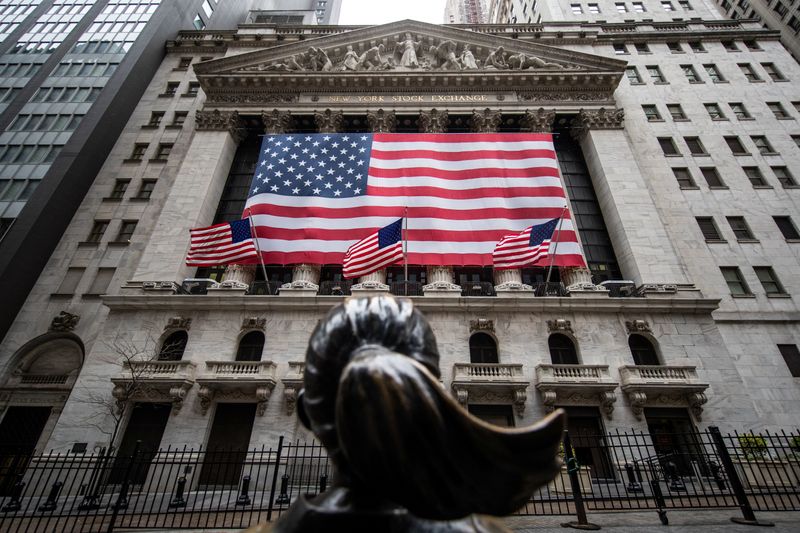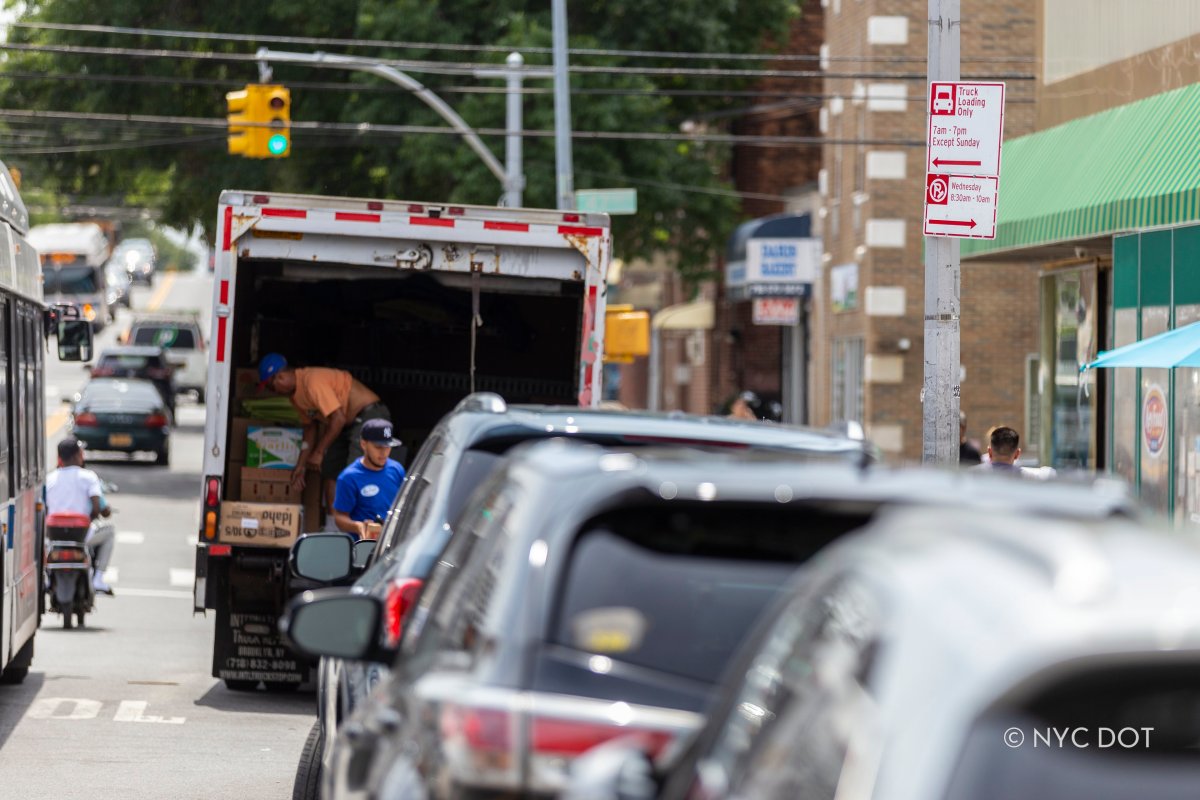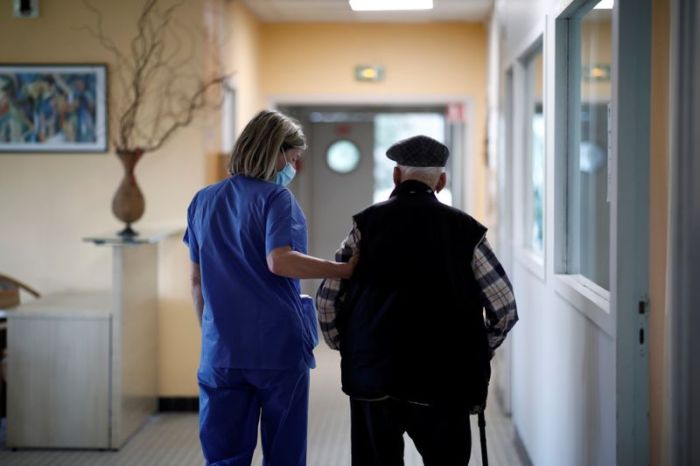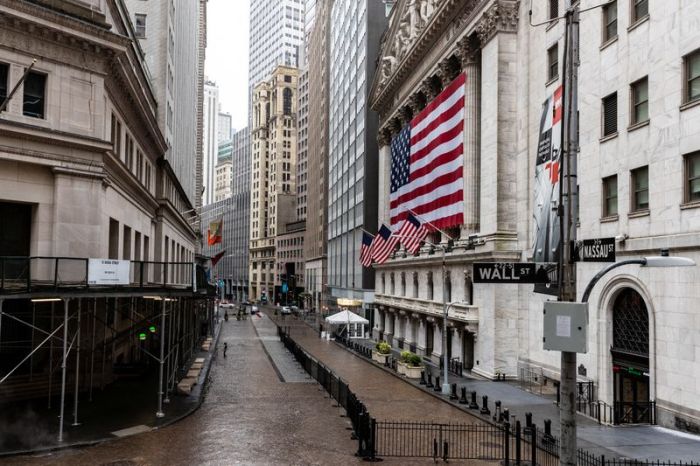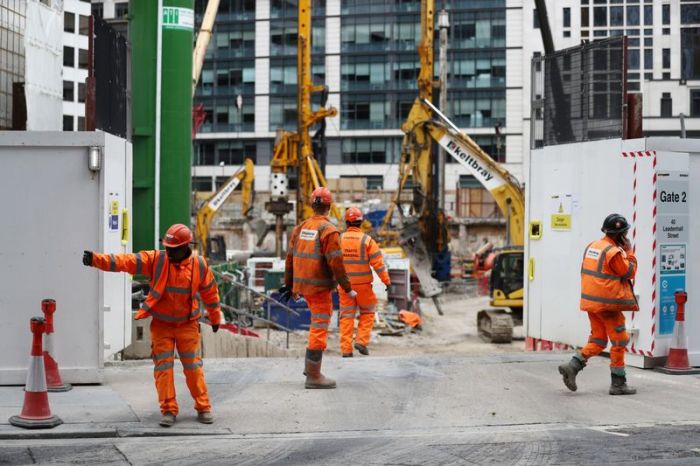NEW YORK (Reuters) – Global equities wavered on Monday as investors weighed a jump in coronavirus cases in South Korea and Germany against signs that more parts of the U.S. economy could soon emerge from economic lockdown. Safe havens such as U.S. Treasuries edged higher in anticipation of further stimulus measures to limit the damage of the COVID-19 pandemic.
A second wave of infections would likely snuff out the rally in equity markets as investors position for a severe and prolonged global recession.
“If we do have a second wave and lockdowns, that’s almost the worst outcome from an economic perspective,” said Guy Miller, chief market strategist at Zurich Insurance Company.
Miller said that would “postpone business investment indefinitely” and see consumers retrench as hopes for a quick economic recovery are dashed.
He said the next two or three weeks would be “pivotal” in demonstrating how businesses and consumers respond to the loosening of lockdown measures.
Yet investors were also bolstered by factory work resuming in states such as Michigan, restoring thousands of jobs lost over the last six weeks of the economic freeze-up.
MSCI’s gauge of stocks across the globe shed 0.04% following broad declines in Europe and slight gains in Asia.
On Wall Street, the Dow Jones Industrial Average <.DJI> fell 109.33 points, or 0.45%, to 24,221.99, the S&P 500 <.SPX> gained 0.39 points, or 0.01%, to 2,930.19 and the Nasdaq Composite <.IXIC> added 71.02 points, or 0.78%, to 9,192.34.
The Nasdaq is now within 10% of its all-time high reached in February.
Increasing trade tensions between the United States and China will likely weigh on investor sentiment given the outsized rally that has pushed the benchmark S&P 500 up nearly 30% since its March lows, said Frédérique Carrier, head of investment strategy at RBC Wealth Management.
“We think it is unlikely the Trump administration would willingly unleash a new trade war that would crimp an economic recovery, but the possibility of missteps remains,” she said.
Bond markets signaled that a global economic recovery will be slow. Two-year U.S. government bond yields <US2YT=RR> have hit record lows at 0.105% and Fed fund futures <0#FF:> last week turned negative for the first time ever.
Benchmark 10-year notes last fell 11/32 in price to yield 0.7147%, from 0.681% late on Friday.
“Markets focus on reopening economies and policy activism, bears struggle to understand how they can ignore reinfection and economic destruction,” said Kit Juckes, a markets strategist at Societe Generale.
In commodity markets, oil prices slid as the pandemic eroded global demand.
U.S. crude recently fell 0.08% to $24.72 per barrel and Brent was at $30.09, down 2.84% on the day.
(Reporting by David Randall; Editing by Dan Grebler and Alistair Bell)

